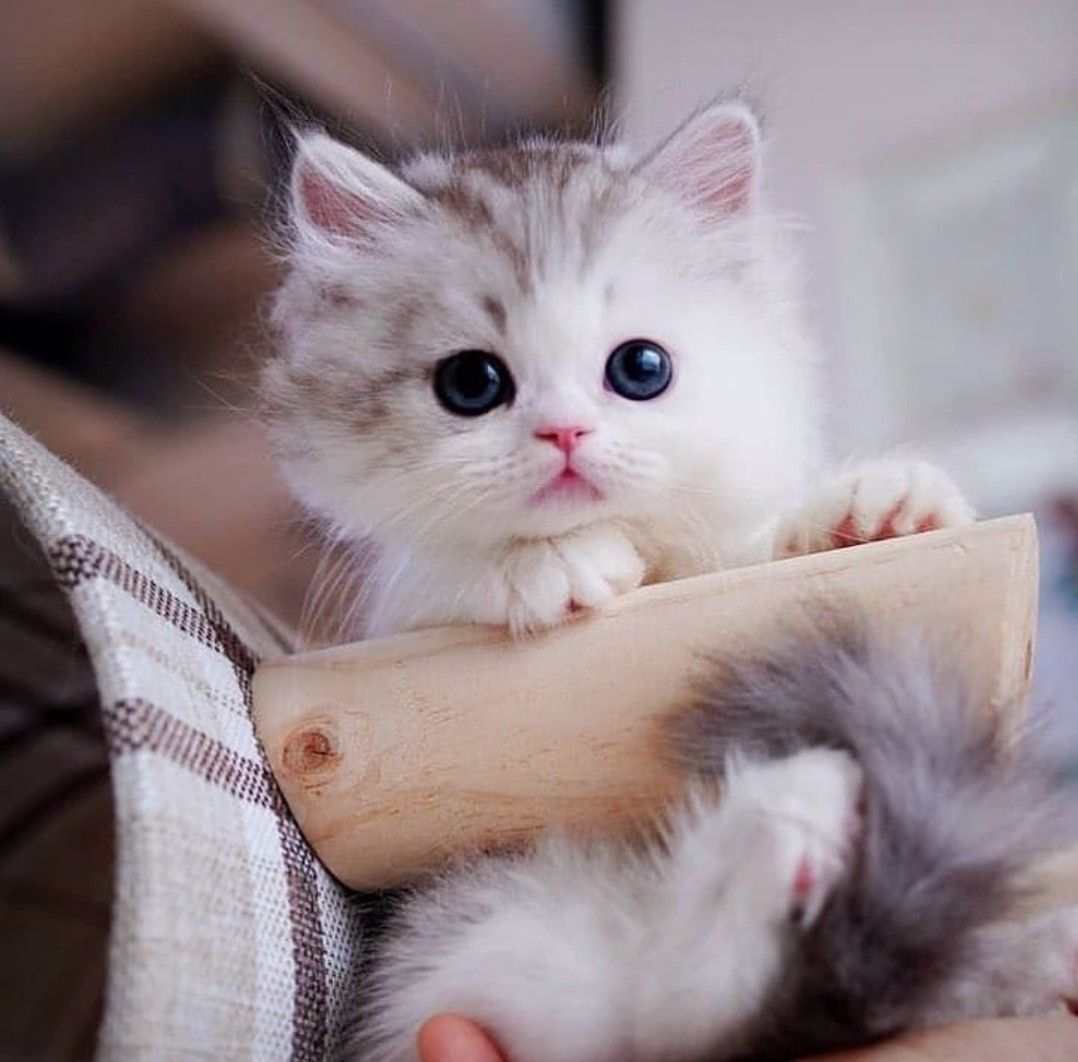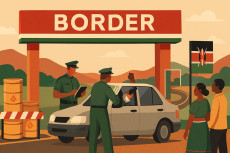- Our parents grew up believing that life unfolded in a predictable script: finish school, marry, and raise children.
- But for many of today’s youth, that script is being rewritten.
Our parents grew up believing that life unfolded in a predictable script: finish school, marry, and raise children. But for many of today’s youth, that script is being rewritten. Ask a twenty-something today about kids, and you’re likely to be met with hesitation, a nervous laugh, or a blunt “not for me.”
Priorities are shifting with many choosing to focus on careers without having the responsibility of children depending on them or spouses waiting for home cooked meals at the end of the day.
Yet, ask them about pets, and their eyes light up. From pampered dogs to cats with their own Instagram pages, pets are thriving. It’s not that the youth suddenly dislike children; it’s that many are quietly redefining what companionship, responsibility, and family mean to them.
For a growing number, pets are becoming the chosen companions over children. This shift unsettles some of the older generation, who still see parenthood as the ultimate marker of adulthood.
But the reality is that today’s youth live in a world very different from the one their parents knew. Having a child requires financial stability, emotional readiness, and a support system that many feel is increasingly out of reach.
Read More
A pet, while still requiring commitment, offers companionship without the same lifelong weight.
There is also something deeply liberating about choosing a pet. It is an act of reclaiming agency in a world where societal expectations still press heavily. The adoption of a dog or cat instead of rushing into parenthood is, in itself, a statement: “I get to choose what my version of family looks like.”
Pets become confidants, stress relievers, and sources of unconditional love. They do not demand school fees, or ask why rent is late, they simply show up, tails wagging or purring softly, reminding their owners that affection can be simple.

Many may argue that this preference reflects selfishness or a decline in traditional values, especially the older generations. But perhaps it reflects honesty instead.
Unlike generations that had children out of duty, many young people today are unwilling to bring children into the world unless they feel genuinely ready to nurture them. Choosing pets over children is not an abandonment of responsibility, it is a reshaping of it.
And while a cat may never call you “mum,” and a dog will never hand you a Father’s Day card, what they give is equally profound: companionship without conditions. In an era marked by uncertainty, loneliness, and financial precarity, maybe that’s enough. Maybe that’s exactly what the youth need.
So rather than condemning them, perhaps we should listen. The youth are not rejecting family, simply put, they are rewriting it. And in their choice of pets over children lies an unspoken truth: that love, in whatever form it takes, is valid.






-1771508867-md.jpg)





-1771508867-sm.jpg)